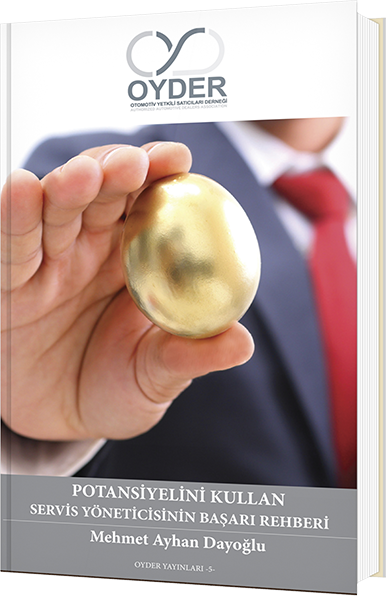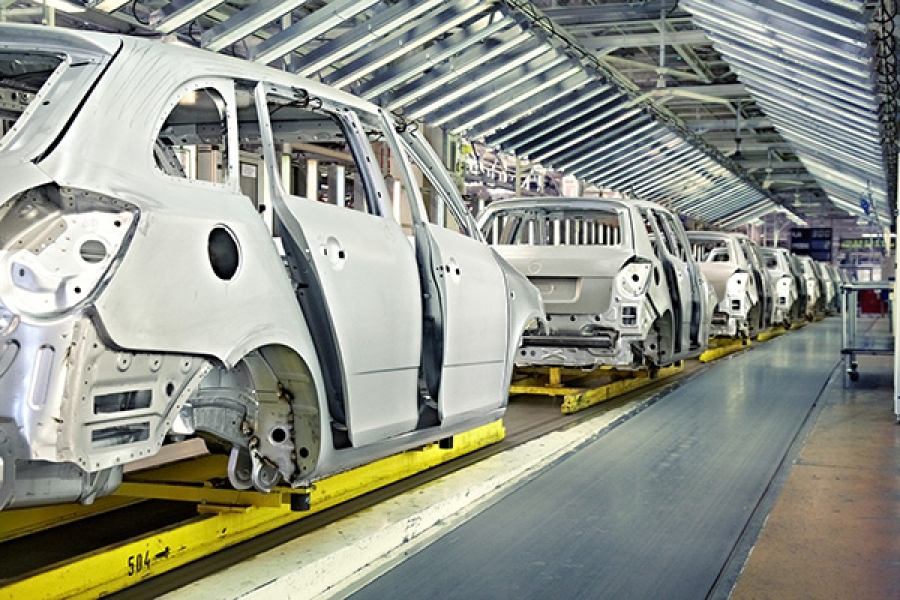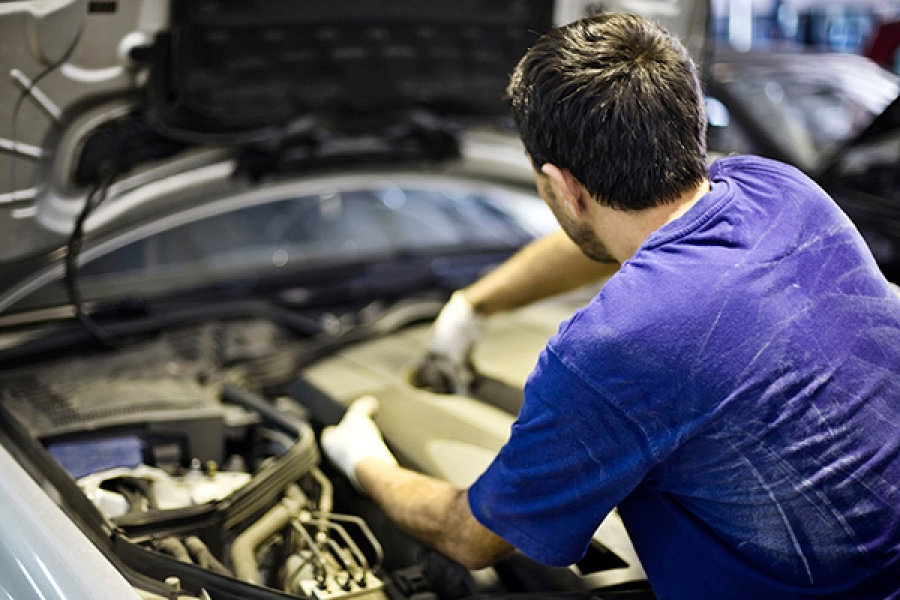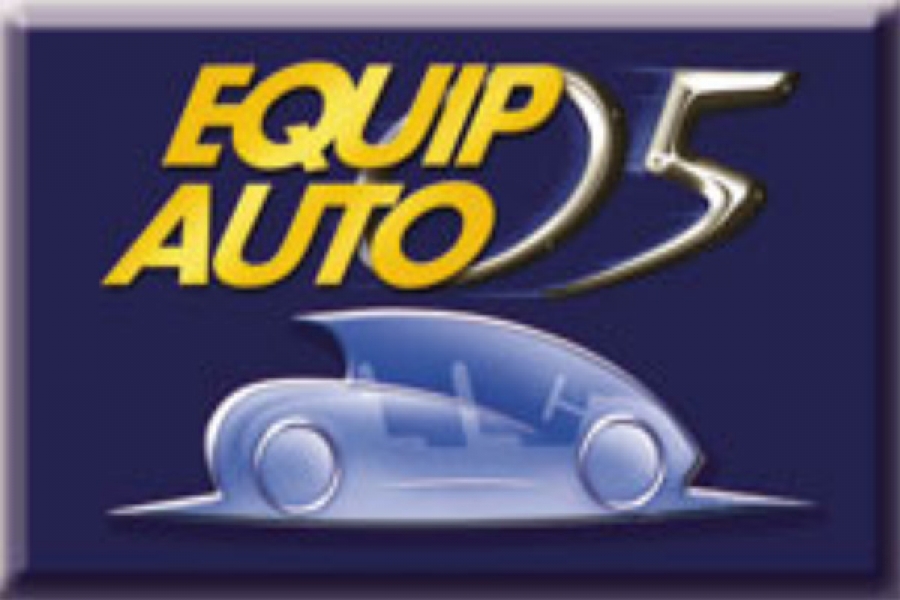Sunday, 20 November 2005 22:25
After Sales Services after the Motor Vehicle Block Exemption Regulation 2005/4
In 2003 the Competition Commission prepared a new draft Notice, based on the 1400/2002 Block Exemption in force in Europe, in order to provide motor vehicles, their spare parts and servicing to a wider range of customers at reasonable prices. Having waited two years for publication the new Block Exemption which aims
- To show tolerance to suppliers about building up their distribution and service networks,
- To strengthen the position of authorized dealers and services in the presence of suppliers,
- To include spare part manufacturers in the competiton,
- To provide alternatives for consumers by simplifying the access to technical knowledge, equipments and diagnostic devices in relation to private services’ maintenance/repair facilities
Was published in the Official Gazette numbered 25991, on 12th November 2005.
The new Notice, that came into force on 1st January 2006, resulted in the following innovations with regards to spare parts and service facilities:
The new Notice, that came into force on 1st January 2006, resulted in the following innovations with regards to spare parts and service facilities:
1.) The new Notice defines original and equivalent parts hereunder;
· Parts manufactured with the same quality as the parts used when manufacturing or assembling the motor vehicle and
· Parts used in the manufacturing or assembling, spare parts used in the repair and maintenance of the motor vehicle in question are manufactured in accordance with specifications and manufacturing standards defined by the supplier
are defined as original parts. Spare parts manufactured on the same product line with the vehicle parts also fall under this definition. Once these parts are certified by the part manufacturer as having specifications identical to that of the original parts- until the contrary stated – they are considered to be original parts.
Parts that are of equivalent quality to those used in the assembling of the vehicle and if there is, certified by their manufacturer in compliance with the compulsory standarts of legislation are defined as Equivalent Parts.
2.) Market share threshold concept is another innovation created by the Notice. In accordance with this, the marketshare of the supplier’s spare parts or maintenance and repair market needs to be below 30% in order for the horizontal agreements to be with the scope of exemption.
3.) Only if the supplier does not prevent the opposite party from transferring all rights and convictions, arising from the agreement, to another authorised dealer within the system will the agreement between the supplier and distributer or authorised dealer be applicable for exemption.
4.) Termination terms in regards to the agreement between the parties must be elaborate and impartial.
5.) The agreement between the supplier and authorised dealer must be validated for at least five years.
6.) In order for exemption to be applicable, a mandatory term stating that any disputes in relation to the agreement between the supplier and the authorised dealer should be taken to a consultant or an arbitrator to resolve before taking legal action, must be in place.
7.) Suppliers may disclose their maximum and recommended prices. However, suppliers cannot interfere with retail prices to reduce the competition between authorized dealers or create a standard price across the market. In other words, authorised dealers can set the price as they wish.
8.) The right for authorized dealers, within the selective distribution system, to sell spare parts to private services is not restricted.
9.) Distributers, with a specific agreement, now have the right to transfer all their maintenance and repair obligations to an authorized dealer.
10.)The right for repair/diagnosis equipment and original or equivalent part manufacturers to sell directly to authorized dealers is not restricted.
11.) Authorized dealers are allowed to purchase original or equivalent parts from an entity other than the supplier. However, suppliers may deem parts purchased from another supplier as void within gaurantee and modification applications.
12.) Original part manufacturers can state their company name and/or logos on the parts if they wish.
13.) Suppliers cannot refuse information to private services on how to apply maintenance and repair and environmental protection criterias. Under these circumstances, the supplier must provide the requested information comprhensibly to all private services without discrimination.
14.) Suppliers cannot prevent authorised dealers from buying spare parts from their competitors.
15.) Authorized dealers, within the selective system, who are subject to premises agreement terms are excluded from the scope of exemption.
16.) Agreements within the scope of Notice 2002/2 instead of 1998/3 are also being included in the scope of 2005/4. This way all agreements in relation to the automobile sector are being brought under one exemption notice.
The first action to be carried out throughout the transition period is the assessment of agreements between suppliers and authorised dealers, in order to make sure they are all in accordance with the new notice. A new era will start once all agreements are amended, signed and enforced in compliance with Notice 2005/4. During this period authorized dealers who do not meet suppliers standards will lose their authority or suppliers will be forced to include new members to their system.
On the otherhand, a reduction in suppliers’ and authorised dealers’ spare parts and servicing prices will be seen due to the competitive environment created by the new regulations. Manufacturers and suppliers, who will not be able to reflect this deficit on vehicle prices, will atenpt to provide spare parts and service facilities to other brands thanks to the access freedom of information and technology available from private services as a result of the new Notice. A fraction of pioneering companies within the industry have already completed their preparations in order to start building up their private services and distribution networks. These will shortly be follwed by projects which are currently in preliminary mode.
Companies looking to get their share of an estimated three billion dollar domestic spare parts market will aim to increase their profits in a short period of time as a result of spare part sales and minimizing their losses post Notice by building the private service network. These companies will also keep in touch with customers they have previously provided sevices for. As a result they will have the opportunity to sell service customers brand new or second hand cars. The market will take a more competitive form in favour of the consumer thanks to the addition of European and Far Eat spare part manufacturers as well as distributors.
















